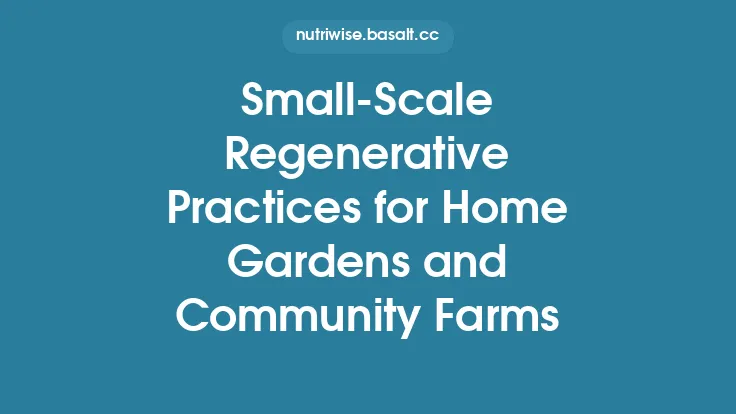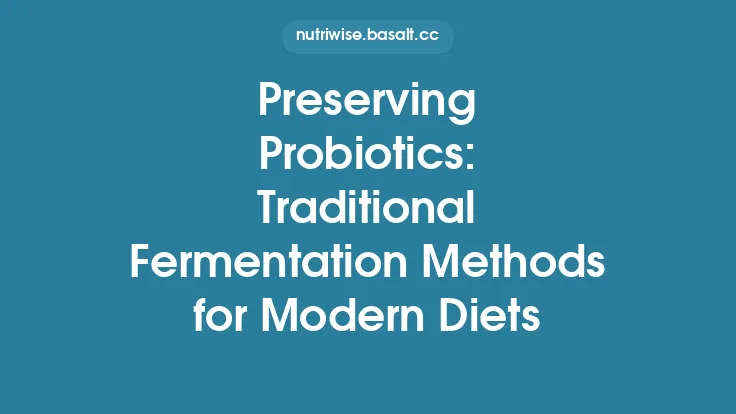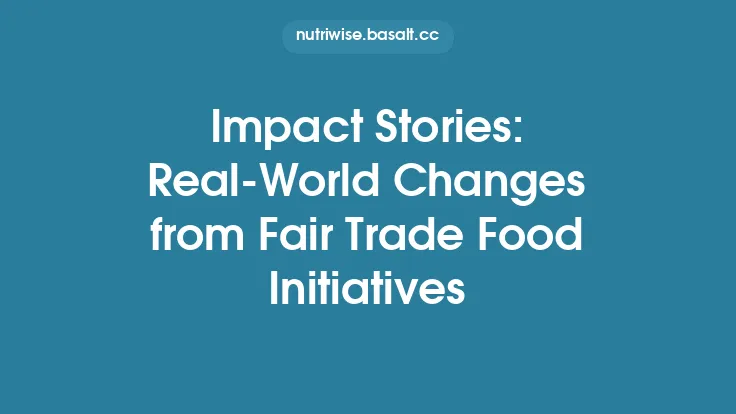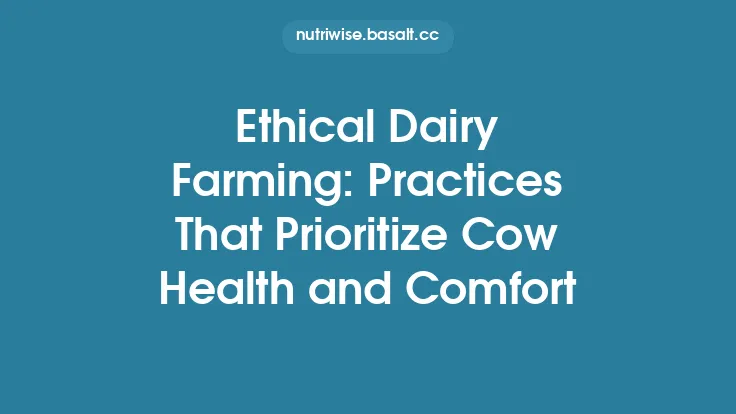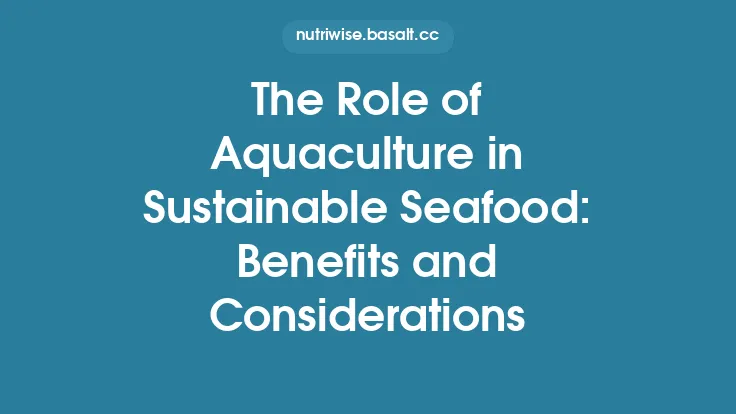Small‑scale family farms have long been the custodians of agricultural practices that intertwine respect for animals with cultural heritage and ecological balance. Unlike industrial operations, these farms are typically managed by a handful of family members who inherit not only land but also a wealth of knowledge passed down through generations. This knowledge shapes how livestock are raised, fed, and cared for, creating a farming model that prioritizes ethical considerations rooted in tradition rather than regulatory mandates. The following sections explore the various dimensions of this model, highlighting how small‑scale family farms preserve and adapt traditional ethical farming methods in today’s sustainable‑eating landscape.
Historical Roots of Family‑Run Ethical Farming
The origins of family‑run animal husbandry can be traced back to agrarian societies where livestock served multiple roles: a source of food, a draft animal, a provider of manure for fertilization, and a cultural symbol. In many regions, ethical treatment of animals was not a modern invention but a practical necessity—healthy animals meant reliable labor, better reproduction rates, and higher-quality products.
- Cultural Norms: Rituals, folklore, and community expectations often embedded humane treatment into daily routines. For example, in many Mediterranean islands, the “pastore” (shepherd) was revered for his intimate knowledge of each goat’s temperament, leading to practices that minimized stress and injury.
- Seasonal Rhythms: Traditional calendars dictated breeding, birthing, and slaughter periods, aligning animal cycles with natural forage availability and climatic conditions. This synchronization reduced the need for artificial interventions and fostered a rhythm that respected animal life stages.
- Intergenerational Knowledge Transfer: Skills such as recognizing early signs of illness, understanding breed‑specific dietary needs, and constructing appropriate shelters were taught through hands‑on apprenticeship, ensuring continuity of ethical standards.
Preserving Heirloom Livestock Breeds
One of the most tangible ways family farms uphold ethical practices is by maintaining heritage breeds. These animals have evolved over centuries to thrive in specific local environments, often displaying hardiness, disease resistance, and behavioral traits that align with low‑intervention husbandry.
- Genetic Diversity: Heirloom breeds contribute to a broader gene pool, safeguarding against the vulnerabilities associated with monocultures of high‑yield commercial lines. Genetic resilience reduces the likelihood of disease outbreaks, which in turn lessens the need for intensive medical interventions.
- Adapted Physiology: Many traditional breeds possess efficient foraging behaviors and metabolic rates suited to marginal pastures. For instance, the Irish Moiled cattle can efficiently convert low‑quality forage into milk, allowing farmers to rely on natural grazing rather than supplemental feeds.
- Cultural Identity: Maintaining these breeds often carries symbolic weight, reinforcing community identity and providing niche market opportunities for products labeled with regional heritage.
Holistic Land‑Animal Relationships
Family farms typically operate within a closed‑loop system where livestock and land mutually benefit each other. This relationship is grounded in agroecological principles that predate modern sustainability discourse.
- Integrated Crop‑Livestock Systems: Manure from animals is returned to fields as organic fertilizer, enhancing soil structure and nutrient cycling. In turn, diversified crops provide seasonal feed, reducing reliance on external grain purchases.
- Micro‑Habitat Creation: Simple structures such as shade trees, windbreaks, and water troughs are strategically placed to meet the physiological needs of animals while also supporting biodiversity. These features create micro‑climates that protect livestock from extreme weather, aligning animal welfare with ecosystem health.
- Seasonal Mobility: Many family farms practice transhumance or short‑term paddock rotation, moving animals to fresh forage as it becomes available. While this practice overlaps with broader grazing concepts, the emphasis here is on cultural tradition and the maintenance of pasture health through low‑intensity use rather than a formalized grazing management plan.
Community and Market Connections
The ethical dimension of small‑scale farming extends beyond the farm gate, encompassing the relationships forged with local consumers, artisans, and neighboring producers.
- Direct‑to‑Consumer Sales: Farmers markets, farm‑stand sales, and community‑supported agriculture (CSA) programs allow producers to convey the story behind each animal, fostering transparency rooted in personal interaction rather than certification labels.
- Collaborative Networks: Small farms often join cooperatives that share resources such as breeding stock, veterinary expertise, and processing facilities. This collective approach reduces individual costs and reinforces a community ethic of mutual support.
- Culinary Heritage: Local chefs and home cooks who value traditional flavors frequently seek out heritage meat and dairy products, creating a market niche that rewards ethical, small‑scale production.
Economic Viability and Ethical Decision‑Making
Running a family farm is an exercise in balancing profitability with ethical stewardship. The economic model differs markedly from large‑scale operations, emphasizing diversified income streams and risk mitigation.
- Diversified Product Portfolios: By raising multiple species (e.g., chickens, goats, and pigs) and offering a range of products (meat, eggs, cheese, wool), farms spread financial risk and reduce dependence on a single market.
- Value‑Added Processing: Small‑scale producers often engage in on‑farm processing—such as curing meats or crafting cheese—allowing them to capture a larger share of the final product’s value while maintaining control over animal handling practices.
- Cost of Ethical Practices: While low‑input feeding and natural housing can lower feed costs, investments in sturdy shelters, water systems, and occasional veterinary care are necessary to uphold animal health. Families typically view these expenses as integral to their ethical commitment rather than optional add‑ons.
Challenges Facing Small‑Scale Family Farms
Despite their resilience, family farms confront a series of modern pressures that can threaten the continuity of traditional ethical methods.
- Land Fragmentation: Inheritance practices and urban encroachment can lead to smaller, less viable parcels, limiting the ability to maintain adequate grazing or housing.
- Market Competition: Large‑scale producers benefit from economies of scale, making it difficult for small farms to compete on price alone.
- Regulatory Complexity: While many regulations aim to protect animal welfare, they can be burdensome for farms that rely on customary practices not easily codified. Navigating these rules without compromising tradition requires careful adaptation.
- Labor Constraints: Younger generations may migrate to urban centers, leaving a gap in the hands‑on labor essential for daily animal care.
Innovations that Complement Tradition
Technology and research can enhance, rather than replace, the ethical foundations of family farms.
- Precision Forage Monitoring: Low‑cost sensors that track pasture biomass help farmers make informed decisions about when to move animals, preserving the traditional practice of seasonal mobility while optimizing forage use.
- Mobile Veterinary Services: Community‑based veterinary outreach programs provide timely health assessments without imposing the high costs associated with full‑time veterinary staff.
- Digital Storytelling Platforms: Online marketplaces and social media allow farms to share their heritage narratives directly with consumers, reinforcing ethical branding without relying on third‑party certifications.
- Renewable Energy Integration: Small solar or biogas installations can power water pumps and lighting, reducing reliance on external energy sources and aligning with the self‑sufficiency ethos of traditional farms.
Policy and Support Structures
Public policy can play a pivotal role in sustaining the ethical practices of family farms.
- Heritage Breed Conservation Programs: Grants and tax incentives that support the maintenance of heirloom livestock help offset the higher costs associated with lower productivity compared to commercial breeds.
- Agricultural Extension Services: Tailored outreach that respects local knowledge while introducing low‑impact innovations can bridge the gap between tradition and modern efficiency.
- Land‑Retention Initiatives: Programs that facilitate the transfer of farmland within families or to new stewards committed to ethical practices help prevent fragmentation and preserve cultural landscapes.
- Market Access Assistance: Support for participation in farmers markets, local food hubs, and direct‑sale platforms can improve economic viability without compromising ethical standards.
Future Outlook: Scaling Ethical Practices
The trajectory of small‑scale family farms points toward a model where ethical animal husbandry is both a cultural legacy and a competitive advantage. As consumer awareness of food origins deepens, the demand for products that embody transparency, heritage, and humane treatment is likely to grow.
- Replication Through Mentorship: Experienced farm families can mentor emerging producers, passing on both technical skills and ethical philosophies.
- Hybrid Models: Some farms may adopt modest mechanization or selective use of modern feed supplements while retaining core traditional practices, creating a balanced approach that scales responsibly.
- Community‑Based Certification Alternatives: Grassroots labeling schemes, co‑created by producers and consumers, could provide a middle ground between formal certifications and informal trust, reinforcing ethical standards rooted in community validation.
In sum, small‑scale family farms serve as living repositories of ethical animal farming methods that have endured for centuries. By preserving heirloom breeds, fostering holistic land‑animal relationships, and nurturing community connections, these farms offer a resilient, culturally rich pathway toward a more humane and sustainable food system. Their continued vitality depends on supportive policies, thoughtful integration of appropriate innovations, and a consumer base that values the ethical narratives woven into every animal raised on a family farm.
